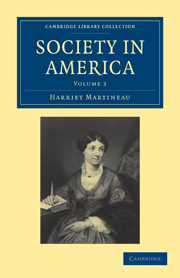CHAPTER I - SCIENCE OF RELIGION
Published online by Cambridge University Press: 29 August 2010
Summary
“And therefore the doctrine of the one (Christ) was never afraid of universities, or endeavoured the banishment of learning like the other (Mahomet.) And though Galen doth sometimes nibble at Moses, and, beside the apostate Christian, some heathens have questioned his philosophical part or treatise of the creation; yet there is surely no reasonable Pagan that will not admire the rational and well-grounded precepts of Christ, whose life, as it was conformable unto his doctrine, so was that unto the highest rules of reason, and must therefore flourish in the advancement of learning, and the perfection of parts best able to comprehend it.”
Sir Thomas Browne.Religion has suffered from nothing, throughout all Christendom, more than from its science having been mixed up with its spirit and practice. The spirit and practice of religion come out of morals; but its science comes out of history also; with chronology, philology, and other collateral kinds of knowledge. The spirit and practice of religion are for all, since all bear the same relation to their Creator and to their race, and are endowed with reason and with affections. But the high science of religion is, at present at least, like all other science, for the few. The time may come when all shall have the comprehension of mind and range of knowledge which are requisite for investigating spiritual relations, tracing the religious principle through all its manifestations in individuals and societies, studying its records in many languages, and testing the interpretations which have been put upon them, from age to age.
- Type
- Chapter
- Information
- Society in America , pp. 244 - 253Publisher: Cambridge University PressPrint publication year: 2009First published in: 1837



